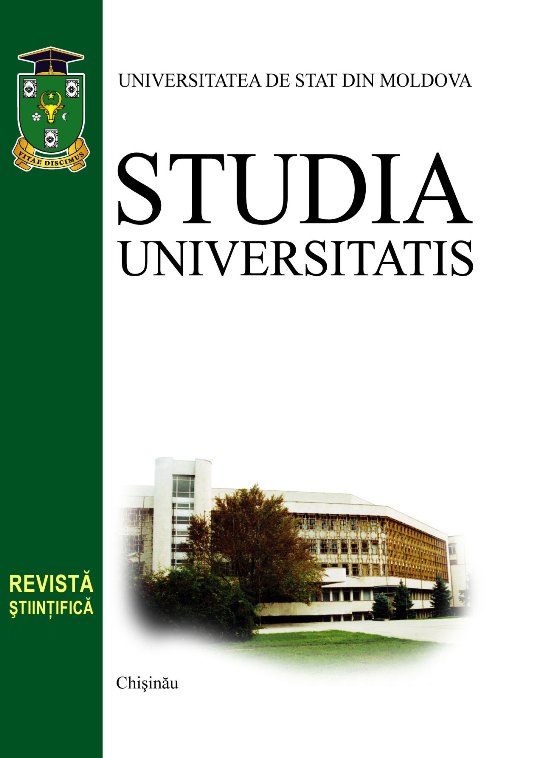RELEVANŢA CONSIMŢĂMÂNTULUI VICTIMEI ASUPRA ÎNCADRĂRII JURIDICE A FAPTEI
Raluca Gabriela IONUŞ Catedra Drept Penal şi Criminologie
Rezumat
The author analyses the opinions described in the juridical literature and related to the criminal-legal estimation of a victim’s consent to the damage of his rights and interests preserved by the law. The need to address the victim's behavior in general and the volitional factor in particular, designated by the victim's consent, lies primarily in capturing the influence of these circumstances on the degree of social danger of the criminal deed and on the applicability of the criminal liability. Although the victim's consent is regarded to have three functions: a constitutive mark of the offence, a sentence reducing cause and a probative circumstance, the author focuses only on the research on the first one. Thus, the victim's consent is linked to two research approaches: the presence and lack of it, therefore regarded, on one hand, as the express or explicit consecration of the positive or negative condition of the criminal norm and, on the other, as the default or deductive consecration of it.


